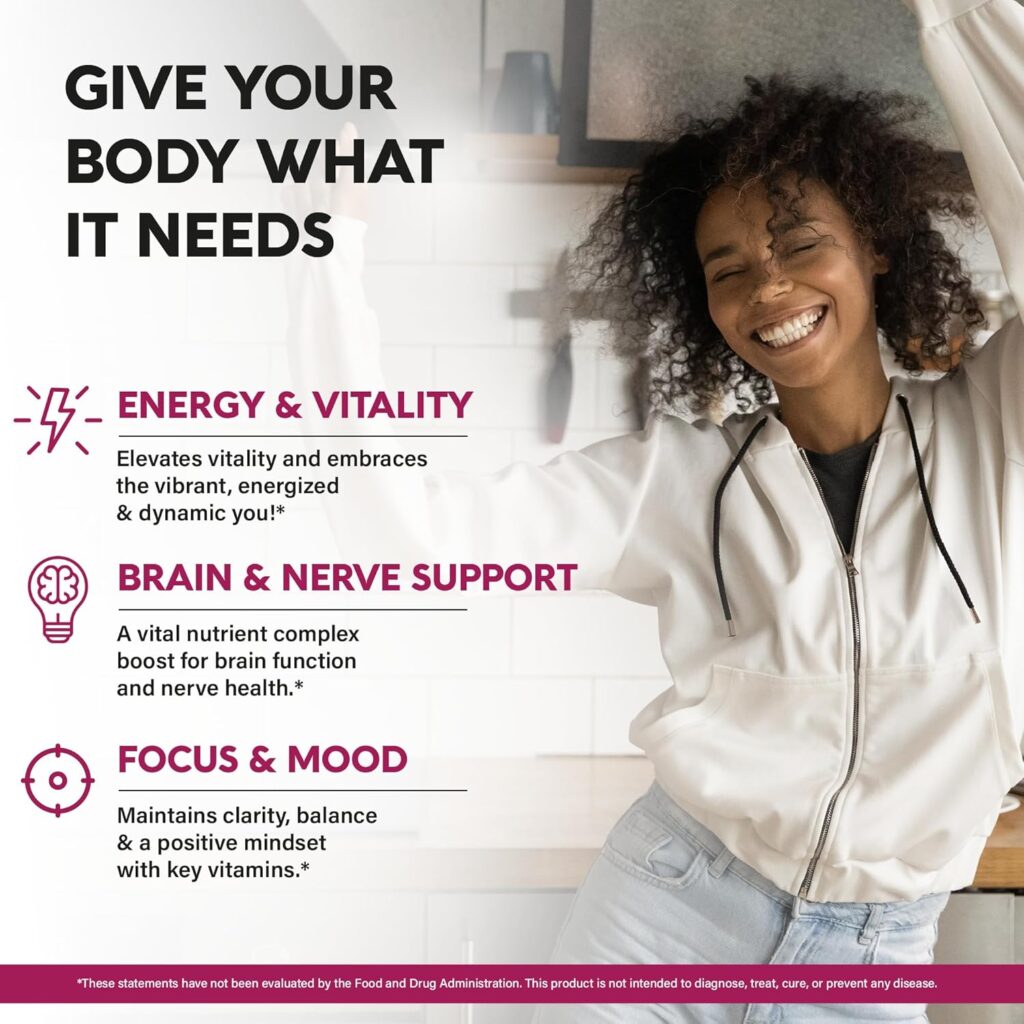In a world full of distractions, finding balance can be challenging. However, the meditation benefits for focus and well-being are undeniable. This ancient practice not only enhances concentration but also reduces stress and strengthens mental health. In this article, we’ll explore how to integrate meditation into your routine and maximize its positive effects.
History and Origins of Meditation

Meditation dates back thousands of years, originating in ancient traditions from India, China, and Japan. Initially, Hinduism and Buddhism used it as a spiritual practice to attain enlightenment and connect with the divine. Over time, however, different cultures adapted it to fit their unique philosophies and lifestyles.
Today, scientific research strongly supports meditation’s positive impact on both mental and physical health. As a result, it is no longer just a spiritual practice but also a key component of modern wellness and psychology.
Benefits of Meditation for Focus and Well-being
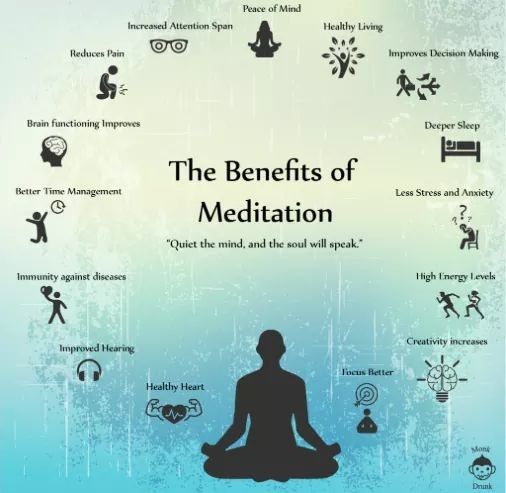
Meditation offers a wide range of benefits that improve daily life:
- Enhances concentration: By training your mind to focus, you can minimize distractions and stay productive.
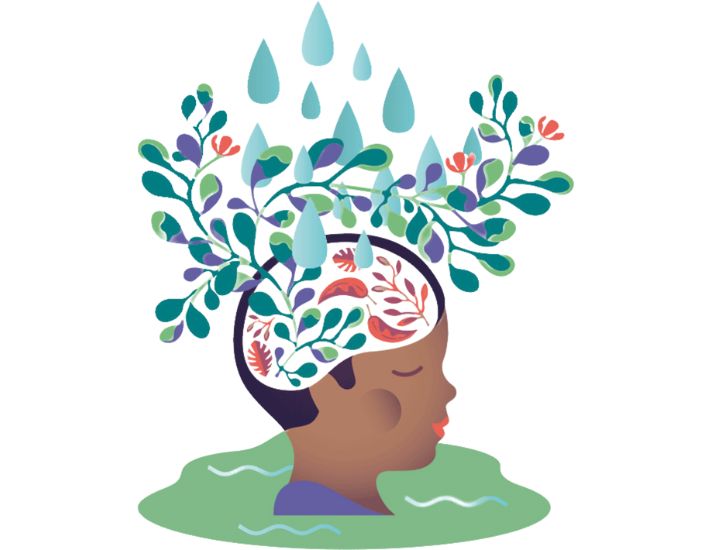
- Reduces stress: Since meditation lowers cortisol levels, it helps you manage stress more effectively.
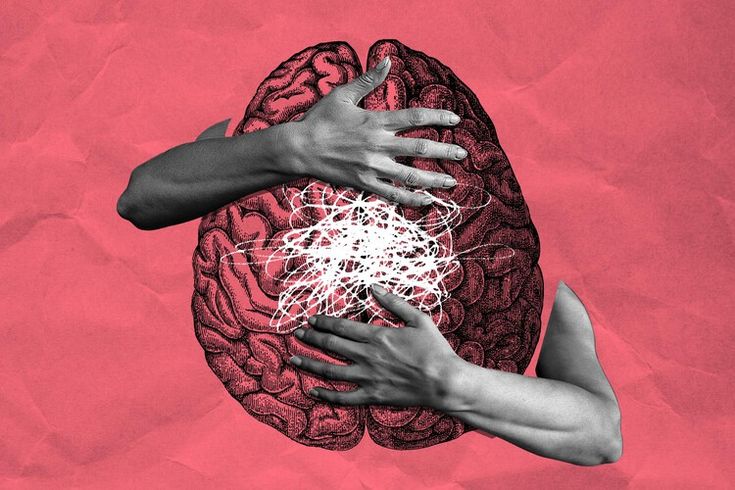
- Boosts mental clarity: A calm and focused mind leads to better decision-making and problem-solving.

- Improves emotional well-being: Practicing meditation regularly fosters positive emotions and increases resilience.

- Strengthens the immune system: Studies suggest that meditation helps the body fight illnesses more efficiently.

- Promotes better sleep: Because meditation relaxes the nervous system, it contributes to deeper, more restorative sleep.

- Increases creativity: By quieting mental noise, meditation allows fresh ideas to emerge more easily.

- Develops emotional resilience: Over time, meditation strengthens your ability to handle challenges with a clear and balanced mindset.

Types of Meditation and Their Benefits

If you are new to meditation, choosing the right technique can make a significant difference. Here are five popular types and their benefits:
- Mindfulness Meditation : This technique involves focusing on the present moment, including your breath, thoughts, and sensations, without judgment. Because it promotes awareness and acceptance, therapists often recommend it for managing anxiety and depression.

- Guided Meditatio: In this practice, a recorded voice or an instructor leads you through visualization exercises and relaxation techniques. Since it provides step-by-step guidance, beginners find it especially helpful.

- Mantra Meditation: This method involves repeating a word or phrase to calm the mind and improve focus. Many spiritual traditions, such as Buddhism and Hinduism, have used this technique for centuries.

- Movement Meditation: Unlike traditional meditation, this approach incorporates movement through activities like yoga or tai chi. As a result, it helps improve both physical and mental well-being.

- Transcendental Meditation : In this practice, you silently repeat a personal mantra to achieve deep relaxation and self-awareness. Because of its structured nature, many practitioners experience profound calming effects.

Tips to Start Meditating
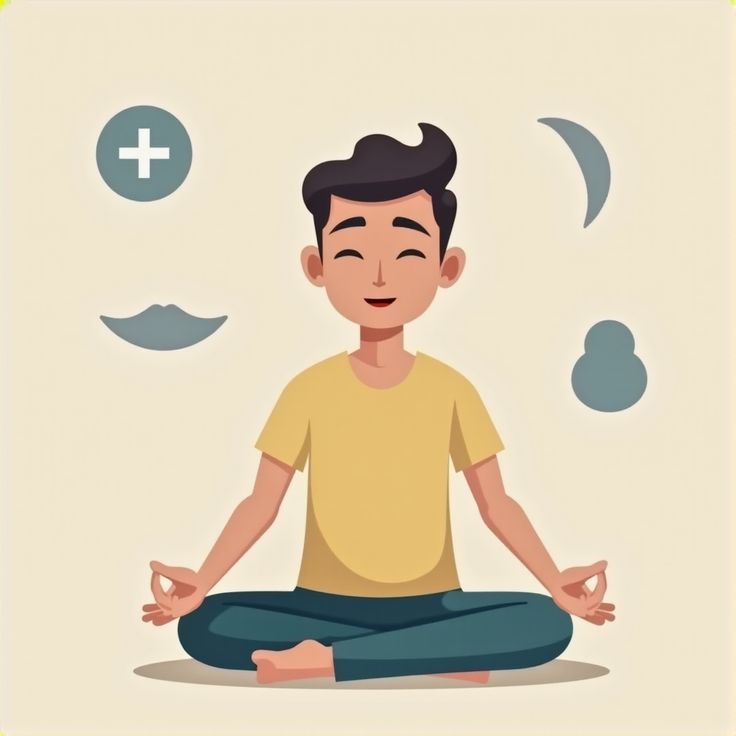
If you are new to meditation, getting started may feel overwhelming. However, these simple steps can help you build a consistent practice:
- Choose a quiet space: A peaceful environment minimizes distractions and enhances focus.
- Find a comfortable posture: Whether you sit on the floor, in a chair, or lie down, comfort is key.
- Start with short sessions: Even five minutes a day can make a noticeable difference.
- Focus on your breath: Paying attention to each inhale and exhale keeps your mind centered.
- Stay consistent: Like any habit, meditation becomes more effective with regular practice.
Meditation and Science: What Studies Say
Numerous scientific studies confirm that meditation positively impacts the brain. For example, research shows that regular practice increases gray matter density in areas associated with memory, empathy, and emotional regulation. Additionally, meditation reduces activity in the amygdala, the part of the brain responsible for fear and anxiety.
Moreover, studies indicate that meditation helps people manage conditions like post-traumatic stress disorder (PTSD), generalized anxiety, and depression. For this reason, many mental health professionals now incorporate meditation into their treatment plans.
How to Integrate Meditation into Your Daily Routine
Although many people believe meditation requires a significant time commitment, you can easily incorporate it into your day with small adjustments:
- In the morning: Begin your day with a few minutes of meditation to set a positive tone.
- During the day: Practice mindfulness while eating, walking, or working to stay present and focused.
- Before bed: A short nighttime meditation session can help you relax and improve sleep quality.
Conclusion
Meditation is a powerful tool for improving focus and well-being. With just a few minutes a day, you can experience significant changes in mental clarity and emotional balance. Whether you’re a beginner or experienced, incorporating meditation into your daily life will help you experience the meditation benefits for focus and well-being that lead to a more peaceful and conscious life. Start today!
Start today and experience the transformation!


